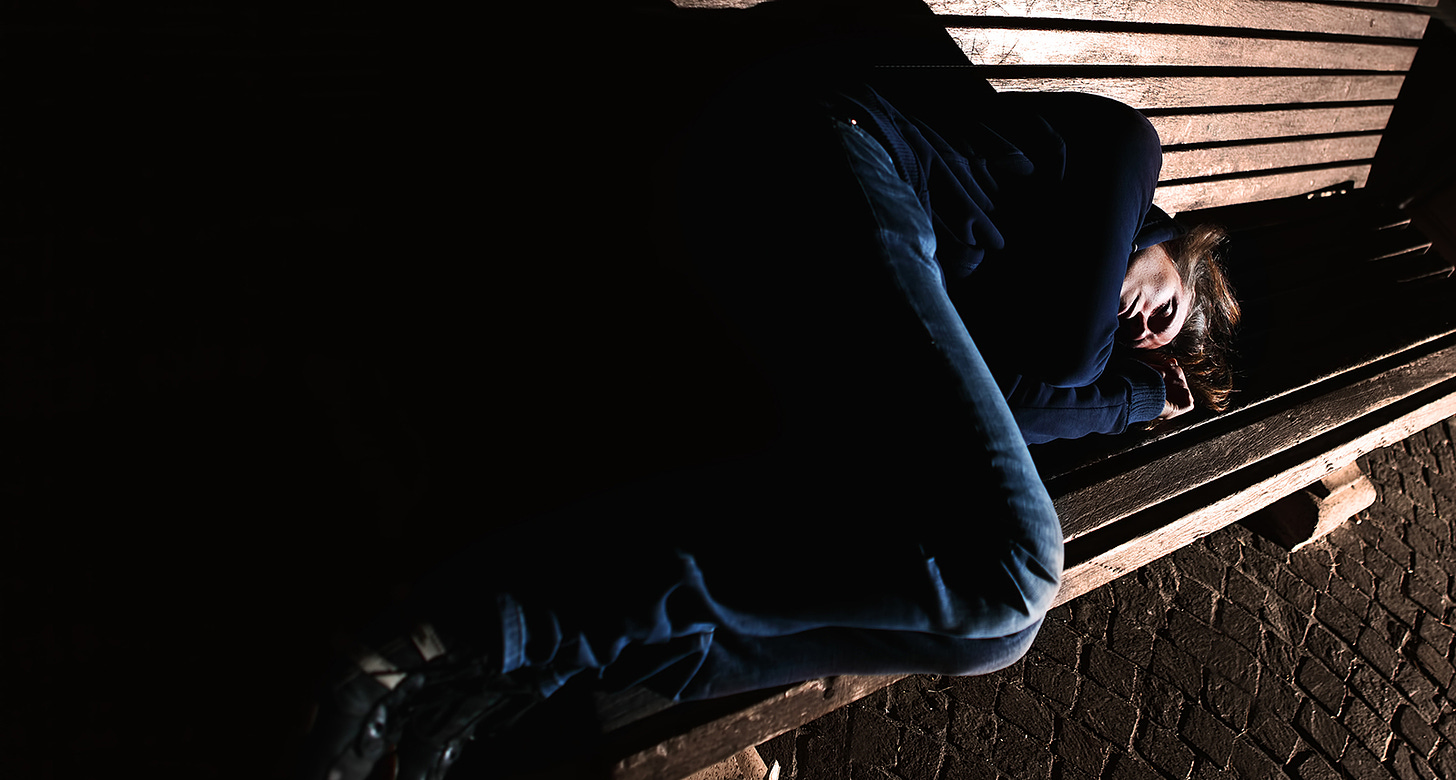The Homeless Man & The Body of Christ

The other morning, I took our dog on our usual walk down the street and around the park. While in the park, we came across an older lady from our church who I’ve seen around town from time to time, collecting and bagging up aluminum cans and plastic bottles. She was at it again that morning in the park, pulling a couple of bottles out of one of the tras…
Keep reading with a 7-day free trial
Subscribe to Dad & Deacon | Deacon Michael's Substack to keep reading this post and get 7 days of free access to the full post archives.


